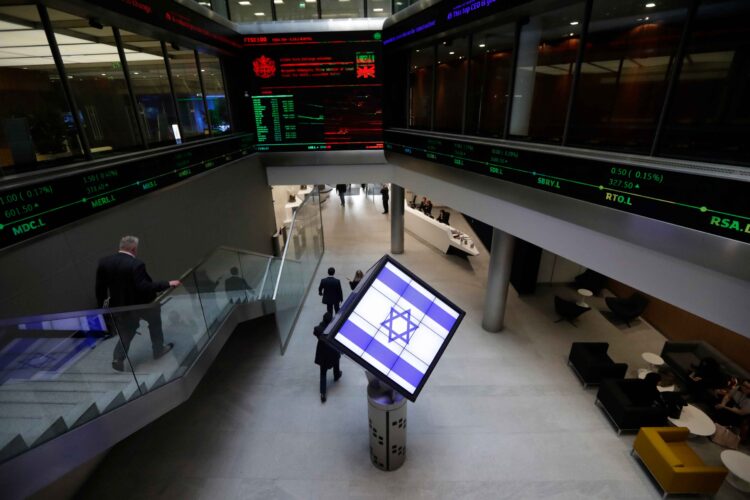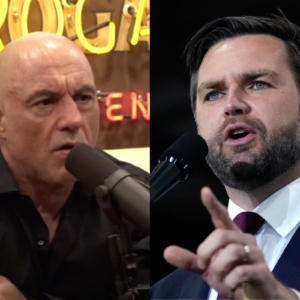Someone or multiple people whose identities are not yet known shorted shares in Israeli firms before the Oct. 7 Hamas attack, according to American market researchers. Israeli authorities claim to now be investigating the matter to determine if the investor (or investors) were acting on foreknowledge of the attack and the subsequent Israel-Hamas War.
The researchers, law professor Robert Jackson Jr. from New York University (NYU) and Joshua Mitts of Columbia University, claim that they have discovered evidence of a significant short-selling of stocks related to Israel.
Specifically, the researchers claim that investor interest in the MSCI Israel Exchange Traded Fund (ETF) “suddenly, and significantly, spiked” on Oct. 2, based on data culled from the Financial Industry Regulatory Authority (FINRA). Other shares were also allegedly short-sold.
“Days before the attack, traders appeared to anticipate the events to come,” the researchers wrote in their nearly 70-page report. “And just before the attack, short selling of Israeli securities on the Tel Aviv Stock Exchange (TASE) increased dramatically.”
Wild story: someone took out an enormous short position against Israeli stocks five days before the October 7th attack, orders of magnitude bigger than normal trading activity and big enough to have made billions of shekels when the market crashed. https://t.co/wwzC5D6z07
Learn the benefits of becoming a Valuetainment Member and subscribe today!
News agency Reuters contacted TASE, which referred them to the Israel Securities Authority which in turn replied, “The matter is known to the authority and is under investigation by all relevant parties.”
The researchers explained that short-selling is an arranged selling of stock that causes its prices to drop, allowing said investors to buy back the stock at a lower price at a profit. They added that the short-selling begun on Oct. 2 “exceeded the short-selling that occurred during numerous other periods of crisis” including the recession after 2008, the 2014 Israel-Gaza War, and the COVID-19 pandemic. In other words, this wasn’t just statistical noise — far from it.
For example, 4,430,000 new shares of Israel’s largest bank Leumi (LUMI.TA) sold between Sept. 14 and Oct. 5 generated profits (or avoided losses) of 3.2 billion shekels ($862 million).
In the abstract to their paper, published on Dec. 4, Jackson and Mitts write:
“Although we see no aggregate increase in shorting of Israeli companies on U.S. exchanges, we do identify a sharp and unusual increase, just before the attacks, in trading in risky short-dated options on these companies expiring just after the attacks. We identify similar patterns in the Israeli ETF at times when it was reported that Hamas was planning to execute a similar attack as in October. Our findings suggest that traders informed about the coming attacks profited from these tragic events, and consistent with prior literature we show that trading of this kind occurs in gaps in U.S. and international enforcement of legal prohibitions on informed trading.”
Read the full research paper below:


















Add comment